INFLATION, DEBT, And The Looming RECESSION In The European Union
The Global Economy In Turmoil — The EU Block In Its Weakest Moments

During the last ten months, we observe inflation rising abruptly in the EU, at levels we never experienced before.
Such inflation levels existed only in the 80s, and currently, the only hope of economists is a modest (or perhaps a severe) recession to combat the unusual rise in prices.
Inflation is a form of tax the middle and poor classes are paying.
With high inflation levels, indirect taxes thrive, generating high tax volumes for governments but devastating the overwhelming majority of the population.
With a terrible outlook pointing to even higher inflation, perhaps this is the tipping point of the current recovery cycle, as probably a recession will follow.
At this point, economists are not just predicting a recession but pleading for one since it could be the only way of taming the current hyperinflating tendencies of the euro.

Global Debt:

Since the beginning of the Covid pandemic, Central banks increased the money supply to temporarily sustain economies from severely crashing from the prolonged lockdowns.
The lower interest rates and increased demand for bonds lead to increased lending, compromising budgets and economic stability and severely impacting the long-term recovery.
The FED and ECB are lately increasing interest rates, but the macroeconomic results of money mismanagement are apparent in debt indicators and inflation levels.

The European Wonder At Stake
Inflation In Europe
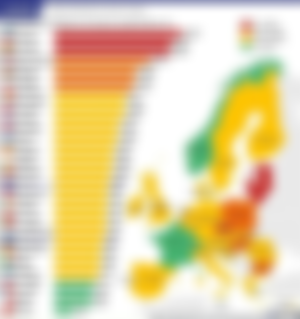
Inflation seems unstoppable for 2022, and this image alone indicates current issues economies in the European continent face.
Reasons for multiple failures of the European Union (including the UK) leaders:
Covid panic at every level of managing the crisis ensued, and in 2020, a steep market correction as restrictions and lockdowns severely impacted logistics, transportation, tourism, and almost every sector of our economies.
Global logistics suffering a shipping crisis since 2020, as Covid emergency response disrupted supply chains, increased delivery times, and left ports clogged by thousands of cargo ships and tankers, with millions of containers stranded for months.
An irregular V-shaped recovery in 2020 followed the US and EU Central Banks’ decisions to increase the money supply to protect industries and reduce the severe implications to the supply chain. Most of the fresh-printed money entered the stock market, but that move would only create another problem, a market bubble.
Europe’s loss of geostrategic importance within a decade (and more) of bad decisions by Brussels led Europe to increase its energy reliance on Russian gas imports. The EU subsidized gas heating for homes and businesses and traded off its strategic significance for short-term energy abundance. The Union of 27 European states lost crucial geopolitical influence in the region by becoming energy dependent on Russia, once again unable to foresee the threat of this reliance.
Before the invasion of Ukraine, Russia was already manipulating gas prices in secondary markets leading to increased contracts.
The final straw that elevated inflation to the current levels was the Russian invasion of Ukraine. Perhaps the EU leaders think the moderate inflation of 5% was manageable, but at the current levels of 9% and an even worse outlook, the lack of decisive reaction is
The failures of Brussels think tanks and the decision makers in the EU led to mistakes piling up and severely disorganizing EU policies. A crisis is always a result of years (or decades) of miscalculations and mismanagement.
Debt restructuring of southern economies and Ireland not only didn’t achieve their targets but increased the debt of these nations from 2009–2012.

Annual GDP growth (AND decline) between 2007–2017

Source: Reddit (World Bank data)
A decade-long economic stagnation of Greece, Portugal, Spain, and even larger economies like Italy and France led to lower GDP rates and extended the impacts of the recession.
The lost decade for Europe, with unreasonable taxation enforced by the EU on the business sector and consumers, resulted in severely diminishing European production of goods and services and centralization of power.
EU GDP 2020–2022

The V-shape recovery from the Covid shock of lockdowns and production halt is now under threat by a looming recession.

The Euro Suffers

The euro returned to USD rates it hasn’t seen since 2000, and maybe the 1:1 current rate is not the end of its decline. However, this doesn’t imply the dollar is in a stronger position.
The emerging economies of the BRICS block (Brazil, Russia, India, China, and South Africa) have recently announced the development of a digital currency that will replace the dollar as the global reserve currency.
To the disappointment of Bitcoin (BTC) fans, this won’t be Bitcoin.

A Recession Is Inevitable
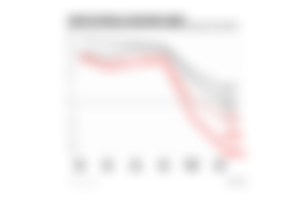
Source: Fortune
The market irregularities and disproportionate money printing directed by the ECB, with the mistakes by the EU’s strategists (the loss of geostrategic importance), suggest a severe recession is inevitable.
Maybe not similar to the 2008 financial meltdown, but one that could have long-lasting implications for every European economy.
Already the industrial sector of the EU is in balance. The tenfold increase in energy cost, even if tamed with a temporary return to coal consumption, will imply a macro-scale disaster nonetheless.
A recession will increase unemployment and reduce GDP. Although for economists, it seems like the only approach to deal with high inflation.

European Population In Decline
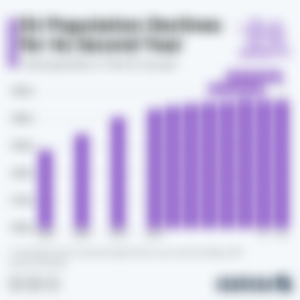
Source: Statista
A long-term effect of the 2008 economic crisis, the financial meltdown that followed, and especially the EU policies during the previous decade, is the population decline the European continent faces today.
Perhaps, the factor where the EU politics should focus instead of further damaging a heavily regulated but more or less free economy.
It is time for Europe to select serious representatives and reconsider its geopolitical analysis as it is already becoming powerless and insignificant.

In Conclusion
The inflation crisis severely impacts stability inside the European Union, with analysts suggesting a recession is probable. A recession was only temporary in 2020 and artificially avoided with low yields and increased spending by Central Banks and regional governments.
The consequences of the increased state spending and concentration of control of the economy will be severe. The IMF is already raising alarms about the debt inside the economic block (where the rule is 60%).
As bond interests rise again, from an unstable 0%, the financial shocks multiply. Fears of public outcry rise as winter approach the continent. While the US is energy independent, the EU followed a short-term solution of depending itself on Russian gas and Middle Eastern oil imports instead of making good use of Mediterranean oil and gas sources inside its boundaries.
The outcome of more than a decade of narrow-minded decisions leads us to the point of no return.
Will the weaker EU economies again pay the highest burden, or will finally the EU values of solidarity materialize?
Since 2008, the bonds have weakened, though. This is the time and place for serious action. The condemnation we witnessed by the core of Europe of the southern economies in 2010–2015 was disastrous for unity.

Cover Picture: links of images used: Pixabay1, Pixabay2, Pixabay3
Also Read:
Links to my profile:
●read.cash ●noise.cash ●Medium ●Vocal ●Hive ●Steemit
●Minds ●Publish0x ●Twitter ●Reddit
Copyright Disclaimer:
Material published in this content, is used for entertainment and educational purposes and falls within the guidelines of fair use. No copyright infringement intended. If you are, or represent, the copyright owner of images used in this article, and have an issue with the use of said material, please notify me.

Don't forget to Subscribe and Like if you enjoyed this article!



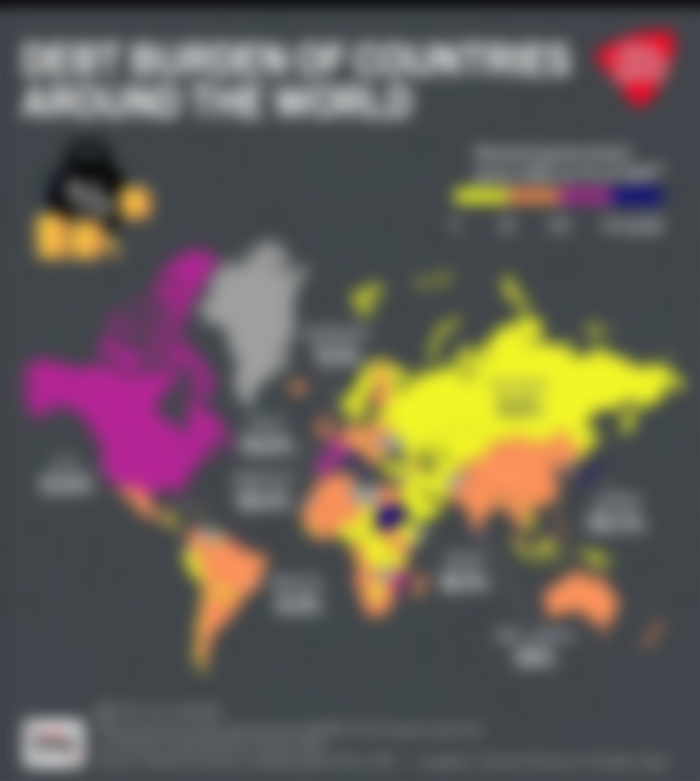
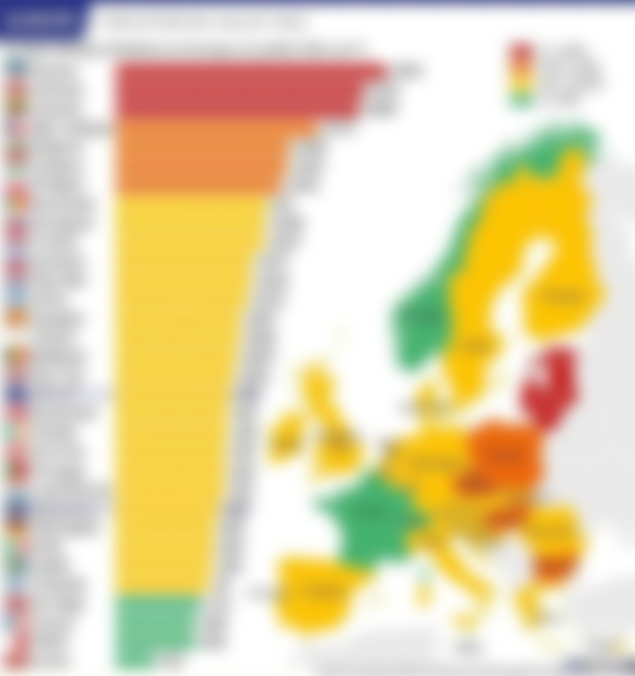
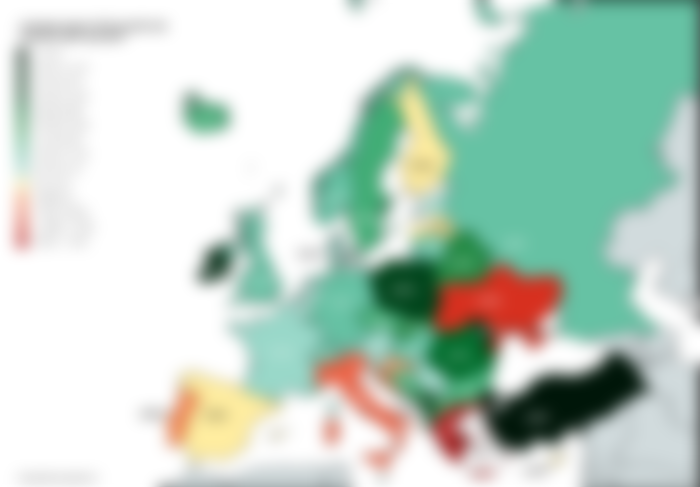



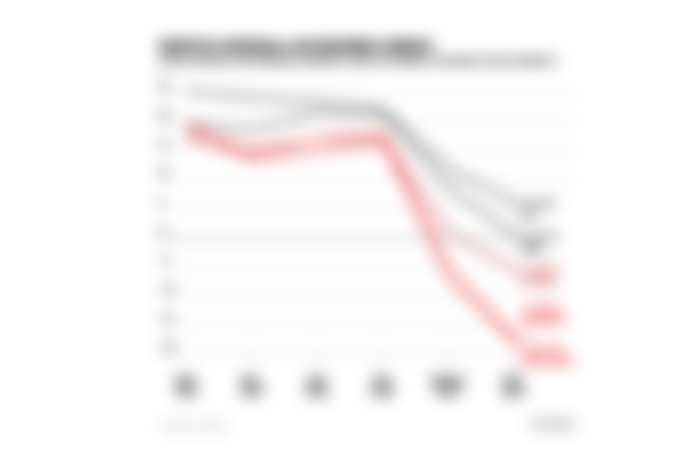
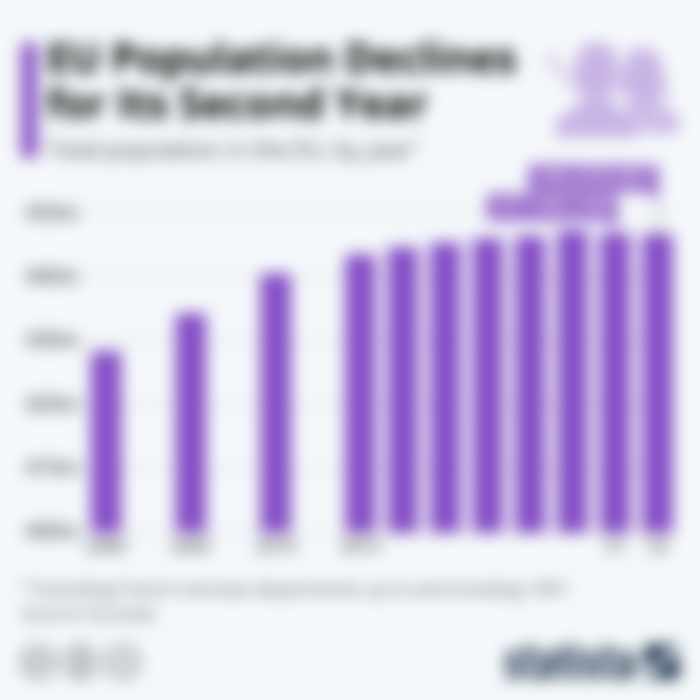




Hello, my friend
You have masterfully described the scenario driven by the Davos guys.
The crisis is here, and to think that it will be less than that of 2008 is somewhat indulgent.
Ray Dalio says that we are on the verge of a cyclical change in the model.
Unfortunately, many will suffer from the machinations of social engineers through means of violating the economy.
The average citizen will bear the brunt.
Greetings.